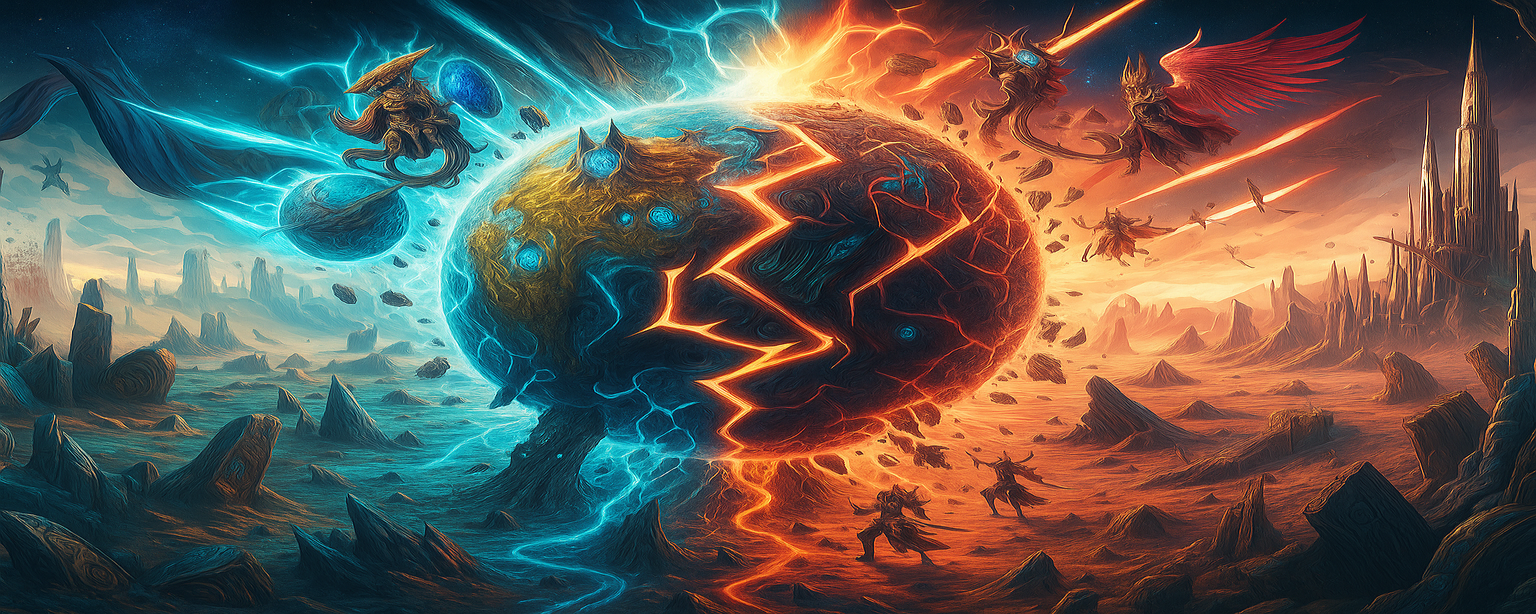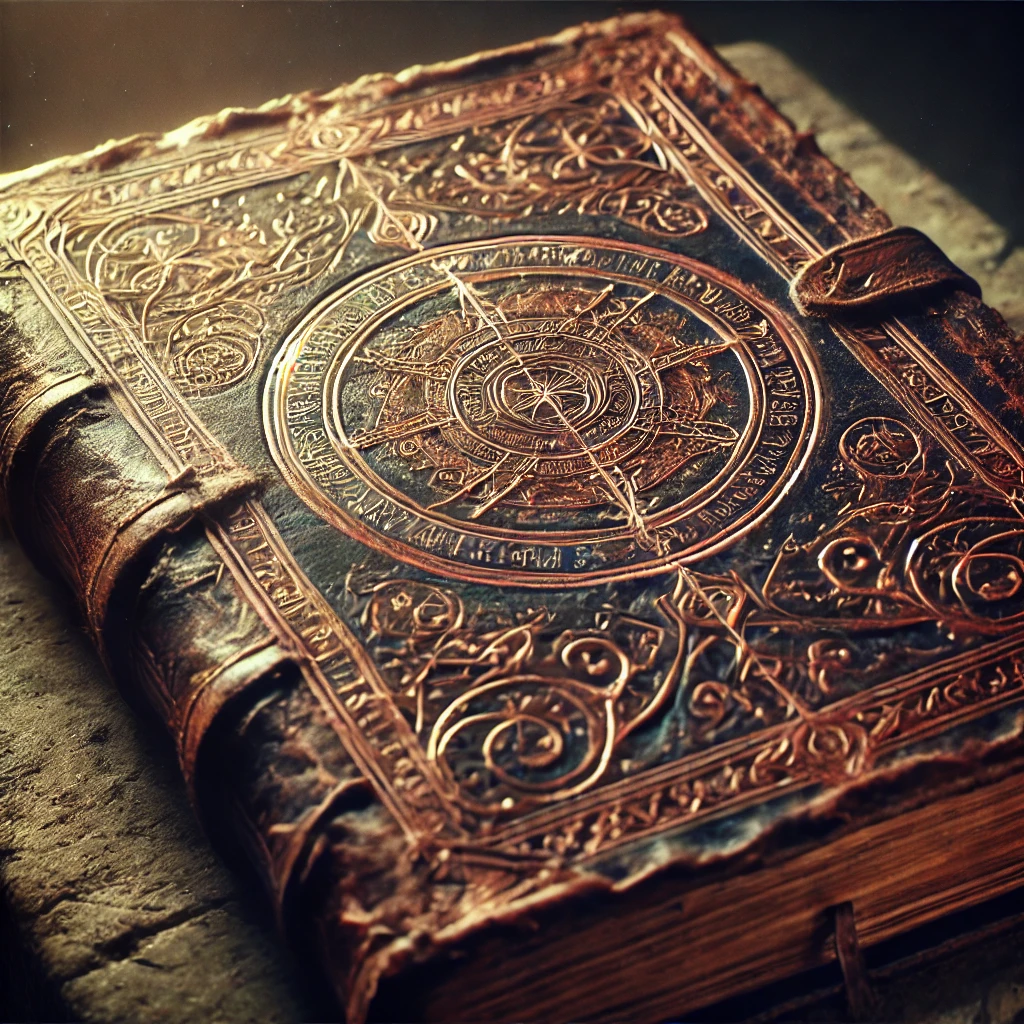Felotl has taken his place among the divine. The youngest of us. His light is not born of purpose, but of desire—joyous, unbound, and dangerously naive. Mortals see in him what they wish they were: free from duty. Unshackled by consequence.
He has not yet learned that all light casts shadows.
In his yearning, he returned to the mortal realm. I warned him such attachments would bring ruin. He smiled, as he always does, and said, "What is eternity worth without the warmth of love?"
Love. A mortal indulgence given dangerous weight by divinity. He chose desire over wisdom. And now, from that desire, a child has been born. The first of its kind. And already, the balance trembles. The god of destruction found the child before any other. It was not hatred. Destruction acts not from malice, but necessity. What should not exist must be removed. It is an impartial force—a guardian of order, if one without mercy. I intervened. I argued not from compassion, but from logic. The child was an anomaly. It must be studied, understood, its threat measured. Destruction accepted my proposal. A rare concession. Thus, the child came into my care, hidden away from Felotl, never to be spoken of again.
The child grew. Observation became guardianship. Guardianship became… more. He learned discipline, patience, and the burden of power. He did not know who his father was. I saw no reason to tell him. Felotl visited the mortal world still but never enacted the same mistake he'd made prior. He buried his grief beneath pleasure and chance. Gambling, drink, stories told in taverns to mask the hollow ache of absence.
His prayers are answered not from grand design, but whim. Mortals call it providence. I call it evasion.
In time, the world changed. The balance shifted. Powers that once wove freely through the realms tightened soon after the war. My role as observer could not protect the child forever. The risk became too great. I sent him away to fulfill his destiny. Not as abandonment. As protection for the rest of the world.
Felotl has not changed. He roams the world beneath banners of joy, indulgence, and freedom. His prayers are answered without pattern. His gifts are granted to the loudest pleas or the most amusing requests. The mortals adore him still. They do not see the wreckage he leaves behind. He gambles not only with dice but with lives. He drinks not only wine but the fragile trust of his followers. He trades wisdom for whimsy and responsibility for debauchery. The mortals call him a benevolent patron. I call him what he has become.
A degenerate.
A god not of light, but of fleeting pleasure. Of indulgence. Of denial.
He cloaks his cowardice in joy. He claims spontaneity where there is only evasion. And he dares to believe that his reckless blessings are signs of freedom rather than chains that bind the desperate to his vices. I do not hate him. I pity him. And, in the quiet moments between duty and despair, I mourn the god he might have been had he ever accepted the weight of his power.



Comments